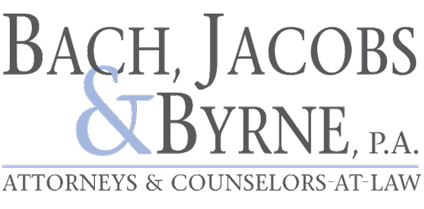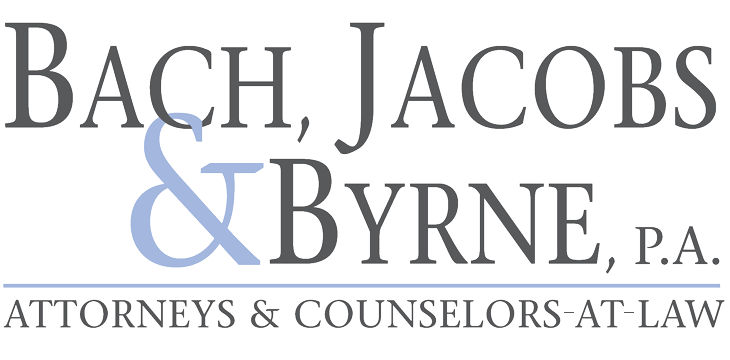What property does not go into a living trust?
While it is common for people to put valuable assets in their living trusts, there is a long list of property that is usually excluded from trusts.
Property of Little Value
Property of little value may not need to go through probate, so it typically does not need to be included in a trust.
Property You Frequently Buy or Sell
If you don’t expect to own the property at your death, do not put it in your trust.
Cars
If your car is of little value, as most cars are, it makes sense not to transfer ownership to your living trust. Some lenders and insurance companies are hesitant to insure a car owned by a trust. This could become a confusing and burdensome problem. However, if you consider the vehicle to be a valuable antique, or if it is a mobile home attached to land, you may want to include it in your trust and transfer the ownership to the trust.
Life Insurance
The proceeds of your life insurance are distributed according to your policy and do not go through probate. Thus, you do not need to name your trust as the beneficiary of your life insurance policy.
Personal Checking Accounts
Because money moves in and out of these accounts so frequently, they are typically left out of living trusts.
IRAs, 401(k)s
Retirement accounts cannot be owned by a trust. However, you can always name a trust as a beneficiary or designate a beneficiary in the account documents to receive the assets when you pass away.
Cash
While there’s no way to transfer tangible cash to a living trust, you can transfer ownership of a cash account to a living trust. By designating a beneficiary, that individual will receive the remainder of those accounts. Once you put money in a bank account, transfer it to yourself as trustee and name the individual in the trust document as the beneficiary.





